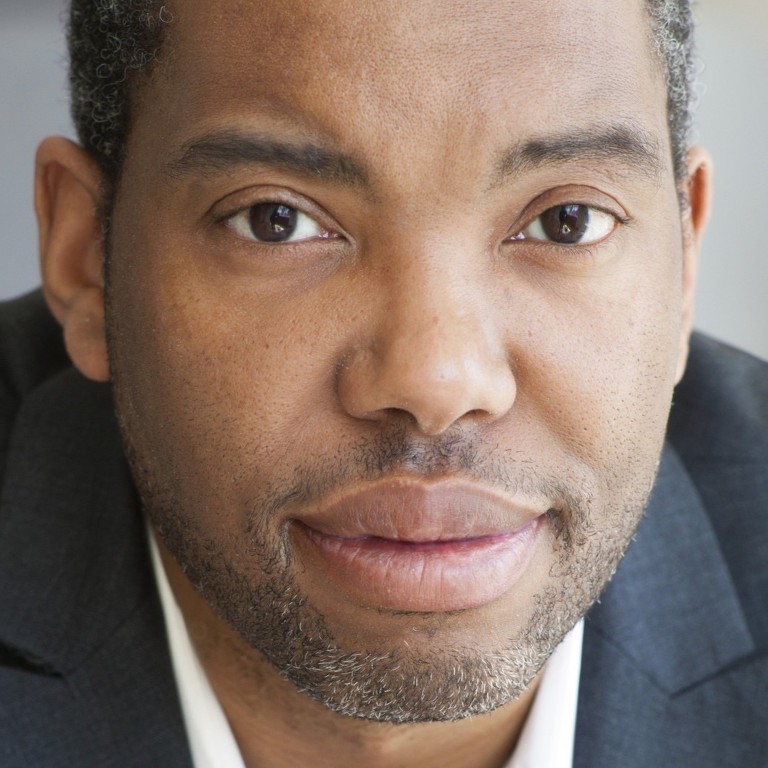
Ta-Nehisi Coates on the tribulations of being black in America
Coates didn't expect his long essay to become the runaway success it has but reckons he was lucky the national conversation turned in his direction
Ta-Nehisi Coates' , a dark, angry and eloquent meditation on the state of being black in America, would seem a highly unlikely bestseller. And yet, since it was published in July, this slim book has been reprinted 12 times, as America agonised over a succession of deaths of black people at the hands of police. Coates, a senior correspondent for magazine, just won a MacArthur "genius" grant and the Kirkus Prize. The book is a National Book Award finalist in nonfiction. Coates talks to about his sudden fame and growing up in Baltimore's dangerous neighborhoods.
No. I don't quite know what to make of it. I had no anticipation of the kind of success it's experienced. It just happened that the conversation [about the subject] was boiling. You can't know what the conversation is going to be.
It was inspired by , more by its gravity than anything. I thought - why don't people write short, powerful books like this? I had a memory of myself as a young person, sitting in the Founder's Library at Howard University, and reading Baldwin's cover to cover. I wanted a book that a young person could do that with. I wrote it three or four times before I came up with the idea of a letter to my son.
The Dream is about the totality of white supremacy in American history and its cumulative weight on African Americans, and how one attempts to live with that. [Dreamers are the] people who buy into … that somehow America is all icing and birthday cake, and that we differ in that our founding was somehow more noble than that of other states.

I think it's about national identity … I don't think whiteness is supportable, quite frankly. In this country, white is receiving the full privileges of the state. To be part of that, you have to make some sort of choice. Most immigrant groups have had to make a choice to participate in this country … they lose that other tag to become what's called white.
That's very true. The confrontation with how much you don't know about the world, it can be bracing.
My mom was a teacher, and she was very insistent that we be good readers and good writers. The best thing I got from that was introspection. The how, the why and what not to do again.
Because I came up outside the church, I never understood it, I wasn't raised in it. [But] violence simply isn't an option, no matter what. You are an American. That's the first thing you have to understand. It's your country. I think that's what I came to believe. The strain of [the Black Power movement] that looked at us as colonies - we were in fact Americans. Even when you feel like other folks are not doing their part, you are tied to it. You have a responsibility to participate in the political system without going to guns.
I don't think it will change in my lifetime or my child's lifetime. But my feeling is that this is a work of literature, and it's not the job of literature to make people feel great about themselves. It's not even the job to inspire people. One of my favourite pieces of art is . I don't read Joan Didion to feel better about the world. That is really the burden that people put on African-American writers. I ask to be judged by the same standards of any other work of art and literature.
Tribune News Service
